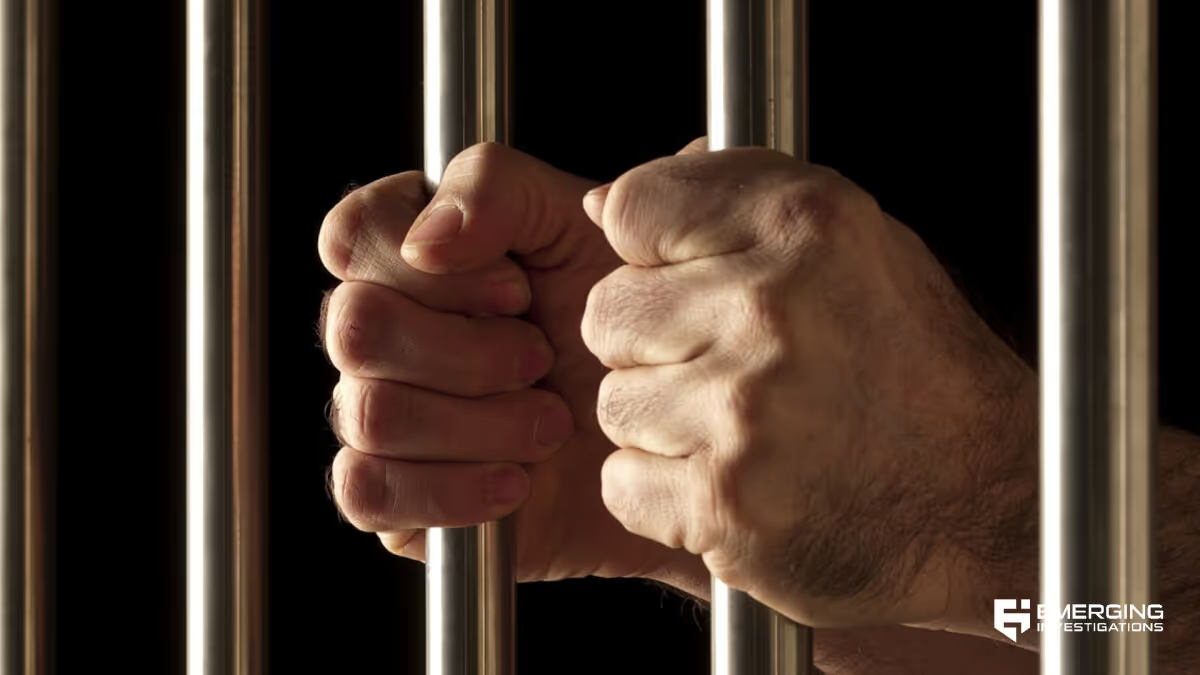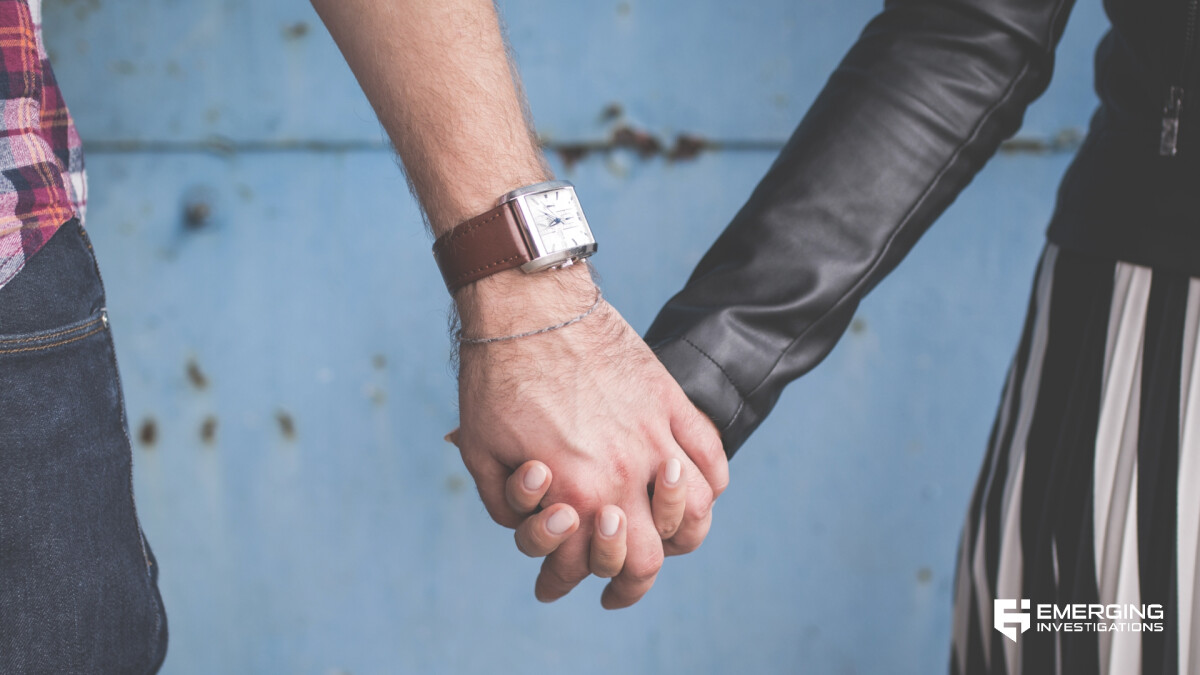In the intricate theater of justice, the spotlight often falls on the attorneys, the judge, and the jury. Yet, behind the scenes, a critical figure works tirelessly to ensure that the scales of justice are truly balanced: the criminal defense investigator. Often unsung, their work is instrumental in dissecting the prosecution's narrative, uncovering overlooked truths, and safeguarding the fundamental rights of the accused.
When an individual stands accused of a crime, the state's resources are formidable. Police departments, forensic labs, and prosecution teams work in concert to build a case. However, initial police investigations, while thorough from one perspective, may inadvertently or intentionally overlook crucial details that could favor the defense. This is where the criminal defense investigator steps in – not to obstruct justice, but to illuminate the complete picture, ensuring that no stone is left unturned in the pursuit of truth and a fair trial.
This comprehensive guide delves into the multifaceted world of the criminal defense investigator, explaining not just what they do, but how they meticulously dismantle complex cases, piece by piece, to construct a robust defense. We will explore their core methodologies, strategic contributions, and the indispensable skills required to operate in this challenging yet vital profession. Understanding their role is paramount to appreciating the depth of due process within our legal system.
Defining the Criminal Defense Investigator: A Counterbalance to the State's Power
A criminal defense investigator is a specialized private investigator tasked with gathering facts, evidence, and intelligence pertinent to a criminal defense case. Their primary objective is to assist defense attorneys by conducting an independent, objective investigation that often runs parallel to, and sometimes directly challenges, the initial police inquiry. Unlike law enforcement, whose mission is typically to establish probable cause and secure a conviction, the defense investigator's mandate is to explore all avenues that could lead to an acquittal, a reduced charge, or a more favorable outcome for the defendant.
This role is anchored in the constitutional right to effective counsel, specifically enshrined in the Sixth Amendment. An attorney cannot provide effective assistance without a full understanding of the facts, and often, those facts are only accessible through a dedicated defense investigation. They serve as the attorney's eyes and ears on the ground, delving into aspects the police might have missed or intentionally disregarded because they did not align with their initial theory of the crime.
The Core Methodologies: How Investigators Uncover the Truth
The work of a criminal defense investigator is a blend of forensic science, psychology, law, and meticulous detective work. Their methodologies are systematic and designed to leave no aspect of a case unexamined. This section breaks down the critical ways they operate.
Re-interviewing Witnesses: Unearthing Nuance and Inconsistencies
One of the most crucial tasks of a defense investigator is to re-interview witnesses who have already spoken to the police. It is a common misconception that once a witness gives a statement to law enforcement, that statement is definitive. However, police interviews can be leading, incomplete, or conducted under duress. Memory is also fallible and can be influenced by subsequent events or leading questions.
Objective Approach: Investigators approach witnesses without preconceived notions of guilt or innocence, aiming to gather an unbiased account.
Open-Ended Questions: They utilize open-ended questions to encourage witnesses to elaborate, rather than leading them towards specific answers.
Identifying Discrepancies: By comparing current statements with previous police reports, investigators can identify inconsistencies, omissions, or new details that might bolster the defense.
Assessing Credibility: Beyond words, investigators observe body language, demeanor, and contextual factors to assess a witness's credibility and potential biases.
Proper Documentation: All interviews are meticulously documented through detailed notes, and often with the witness's consent, audio or video recordings, ensuring an accurate record for trial.
Crime Scene Re-evaluation: Challenging the Official Narrative
While police process the crime scene initially, a defense investigator conducts an independent re-evaluation. Their goal is not just to confirm police findings but to look for alternative explanations, missed evidence, or flaws in the initial processing.
Photographic and Video Documentation: Extensive and independent photographic and video evidence is collected, often from different angles or with specific focus areas.
Measurements and Diagrams: Precise measurements are taken, and diagrams created, to reconstruct the scene and identify potential inconsistencies in witness accounts or police reports.
Locating Undiscovered Evidence: Investigators search for physical evidence that may have been overlooked, dismissed, or improperly collected by law enforcement.
Environmental Factors: Assessing lighting conditions, lines of sight, acoustics, and other environmental factors that could impact witness perception or the sequence of events.
Collaboration with Experts: Working alongside forensic experts (e.g., bloodstain pattern analysts, ballistics experts) to interpret findings from a defense perspective.
Locating and Interviewing New Witnesses: Expanding the Narrative
Police investigations often focus on witnesses who immediately present themselves or are easily identifiable. A defense investigator actively seeks out new witnesses who may have critical information but were not contacted by law enforcement.
Canvassing: Systematically interviewing individuals in the vicinity of the crime scene (neighbors, shop owners, passersby) who might have seen or heard something relevant.
Digital Footprint Analysis: Utilizing social media, public records, and other online resources to identify potential witnesses or individuals connected to the case.
Developing Leads: Following up on seemingly minor details or anecdotal information that could lead to new avenues of inquiry.
Alibi Verification: Locating individuals who can corroborate a defendant's alibi or contradict prosecution claims.
Background Checks and Due Diligence: Exposing Bias and Motive
A thorough defense requires understanding the backgrounds of all key players. Investigators conduct extensive background checks and due diligence on victims, prosecution witnesses, informants, and even the arresting officers.
Credibility Assessment: Identifying any prior criminal history, propensity for violence, history of making false statements, or motivations for testifying.
Financial Records: Examining financial documents that might reveal motives (e.g., fraud, debt) or provide an alibi.
Public Records: Utilizing court records, property records, and other public databases to gain a comprehensive understanding of individuals involved.
Police Misconduct: Researching if law enforcement officers involved in the case have a history of misconduct, excessive force, or issues with credibility.
Evidence Collection and Preservation: Securing All Relevant Data
Beyond the crime scene, a vast array of evidence exists in the modern world. Defense investigators are adept at identifying, collecting, and preserving all types of relevant evidence.
Digital Evidence: This is increasingly vital. Investigators know how to request, preserve, and analyze data from mobile phones, computers, social media accounts, cloud storage, GPS devices, and CCTV footage. They understand the intricacies of digital forensics and chain of custody for electronic data.
Physical Evidence: This includes documents, objects, and any physical items that could corroborate or contradict testimony.
Maintaining Chain of Custody: Ensuring that all collected evidence is meticulously documented, stored securely, and its handling tracked to prevent contamination or allegations of tampering.
Document Analysis: Deconstructing the Official Record
A significant portion of an investigator's work involves poring over documents provided by the prosecution (discovery). This includes police reports, forensic lab results, medical records, and more.
Police Reports: Scrutinizing reports for inconsistencies, omissions, factual errors, or procedural violations (e.g., failure to read Miranda rights correctly).
Medical Records: Analyzing injury reports, autopsy results, and toxicology screens for alternative explanations or to challenge the prosecution's medical experts.
Forensic Reports: Examining DNA analysis, ballistic reports, fingerprint analysis, and other scientific findings. This often involves understanding the limitations of forensic science and identifying areas where the defense can bring in its own experts.
Financial and Communication Records: Bank statements, call logs, text messages, and emails can provide crucial timelines, motives, or alibis.
Understanding and Applying Forensic Science: The Scientific Edge
While not always performing forensic analysis themselves, defense investigators must have a strong understanding of various forensic disciplines. They often serve as the bridge between the attorney and forensic experts.
Identifying Expert Needs: Recognizing when a case requires a specific type of expert (e.g., ballistics, DNA, digital forensics, accident reconstruction, psychology).
Liaison with Experts: Facilitating communication, providing case materials, and understanding the expert's methodology and findings.
Challenging State's Experts: Identifying weaknesses or alternative interpretations in the prosecution's forensic findings, which can be critical for cross-examination.
Surveillance and Covert Operations (Ethical and Legal Boundaries)
In some limited circumstances, and always within strict legal and ethical parameters, surveillance may be employed to gather information.
Monitoring Activities: Observing an individual's behavior, interactions, or patterns of movement if relevant to the case (e.g., to confirm or refute an alibi, or establish a witness's propensity for certain actions).
Establishing Patterns: Collecting data over time to reveal habits or associations pertinent to the defense.
Strict Adherence to Law: All surveillance activities must strictly comply with local, state, and federal laws, respecting privacy rights and avoiding any form of entrapment or illegal intrusion.
Strategic Contributions: How Investigators Strengthen the Defense
The information gathered by a criminal defense investigator is not merely data; it is the raw material that strengthens every facet of the defense strategy.
Discovery of Exculpatory Evidence: Proving Innocence
The most direct impact of an investigator's work is the discovery of exculpatory evidence – information that tends to prove the defendant's innocence or establishes their lack of criminal intent. This could be anything from an overlooked surveillance video showing the defendant elsewhere, to a witness statement contradicting the prosecution's core theory.
Providing Impeachment Evidence: Challenging Credibility
Investigators often uncover evidence that can be used to impeach the credibility of prosecution witnesses. This might include prior inconsistent statements, a history of dishonesty, financial motives for testifying, or evidence of bias against the defendant. Undermining a key prosecution witness can significantly weaken the state's case.
Developing Alternative Theories of the Crime
By conducting a truly independent investigation, defense investigators can often develop plausible alternative theories of what transpired. This might involve identifying other potential suspects, demonstrating that the incident occurred differently than alleged, or showing that the defendant acted in self-defense. This provides the jury with reasonable doubt.
Supporting Expert Testimony
Forensic experts and other specialist witnesses hired by the defense rely heavily on the factual foundation laid by the investigator. The investigator provides them with all relevant reports, interviews, and physical evidence, enabling the expert to form an informed opinion that supports the defense's position.
Assisting with Trial Preparation
The investigator's detailed knowledge of the facts, witnesses, and evidence is invaluable during trial preparation. They assist attorneys in identifying key exhibits, preparing for witness examinations (both direct and cross), and even helping with jury selection by providing background information on potential jurors.
Leverage for Plea Bargaining or Dismissal
A strong, well-documented defense investigation can provide significant leverage. If the investigator uncovers compelling exculpatory evidence or serious flaws in the prosecution's case, it can prompt the prosecutor to offer a more favorable plea bargain or even move to dismiss the charges altogether, avoiding the need for a trial.
Essential Skills and Ethical Considerations for Investigators
Becoming an effective criminal defense investigator requires a unique blend of skills and an unwavering commitment to ethical conduct.
Key Skills
Critical Thinking and Analytical Skills: The ability to dissect complex information, identify logical fallacies, and connect seemingly disparate pieces of evidence.
Observation and Attention to Detail: Noticing subtle cues, overlooked details at a scene, or inconsistencies in narratives.
Interviewing and Interrogation Techniques: Proficiency in rapport building, active listening, strategic questioning, and non-verbal communication.
Research and Documentation: Expertise in utilizing public records, online databases, and meticulously documenting all findings.
Legal Knowledge: A foundational understanding of criminal law, rules of evidence, and constitutional rights.
Communication Skills: Ability to articulate findings clearly and concisely, both orally and in written reports, to attorneys and potentially in court.
Technical Proficiency: Familiarity with digital forensics tools, photography, video recording, and other investigative technologies.
Perseverance and Resilience: The work can be demanding, frustrating, and requires persistence in the face of obstacles.
Ethical Considerations
Confidentiality: Maintaining strict client-attorney privilege and confidentiality of all case information.
Legality: Conducting all investigations strictly within the bounds of the law, avoiding illegal surveillance, trespassing, or misrepresentation.
Impartiality to Facts: While working for the defense, the investigator's duty is to uncover *all* facts, even those that might not initially seem favorable, allowing the attorney to make informed strategic decisions.
Professionalism: Interacting with witnesses, law enforcement, and court personnel in a respectful and professional manner.
Avoiding Conflict of Interest: Ensuring no prior relationships or biases could compromise the integrity of the investigation.
The relationship between a defense attorney and their investigator is symbiotic. The attorney provides legal guidance and strategic direction, while the investigator provides the factual bedrock upon which the entire defense rests. Clear, consistent communication is paramount to their success.
Conclusion
The criminal defense investigator is an indispensable architect in building a fair and just legal defense. Their rigorous methodologies, keen investigative instincts, and unwavering commitment to unearthing the complete truth serve as a vital counterbalance to the immense resources of the state. By meticulously re-examining evidence, challenging assumptions, and uncovering overlooked facts, they empower defense attorneys to provide effective counsel and ensure that every individual, regardless of accusation, receives due process.
In a world where the pursuit of justice can be fraught with complexities, the defense investigator stands as a vigilant guardian, ensuring that the narrative presented in court is not merely one-sided, but a comprehensive account derived from thorough, independent inquiry. Their work ensures that the scales of justice are weighed with all available evidence, fostering a legal system that truly strives for fairness and truth for all.




